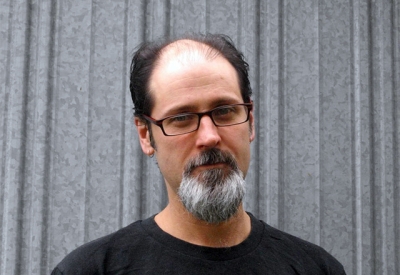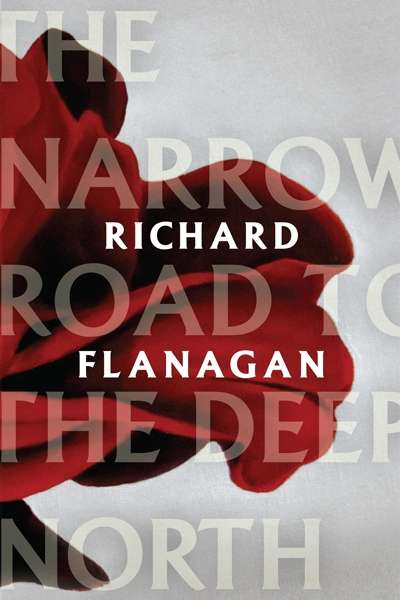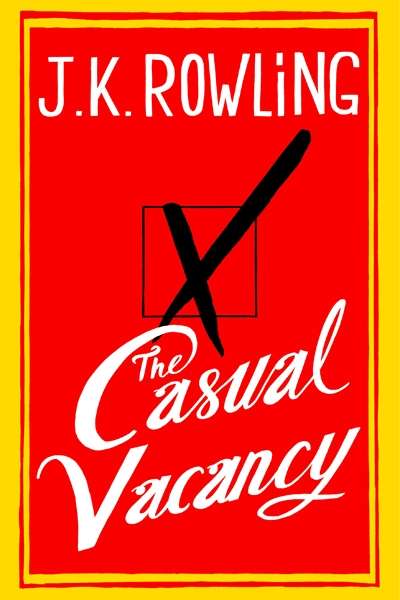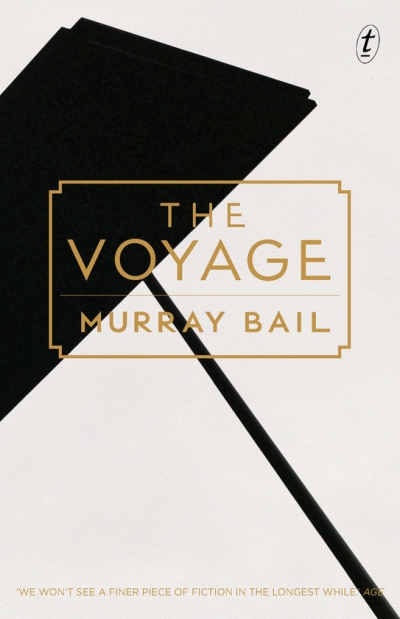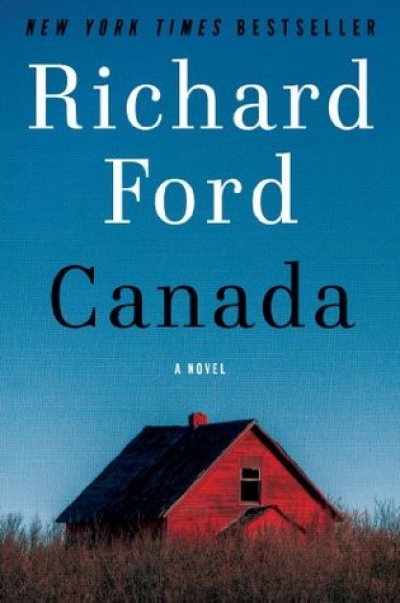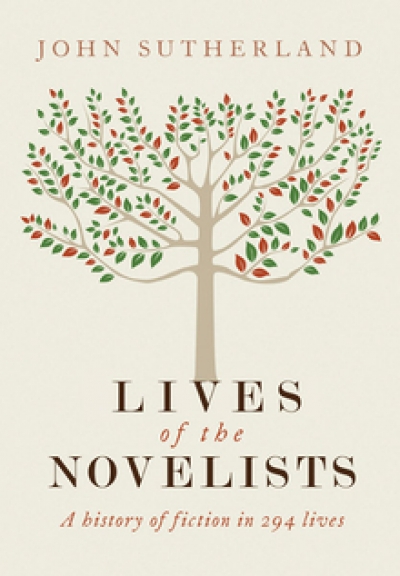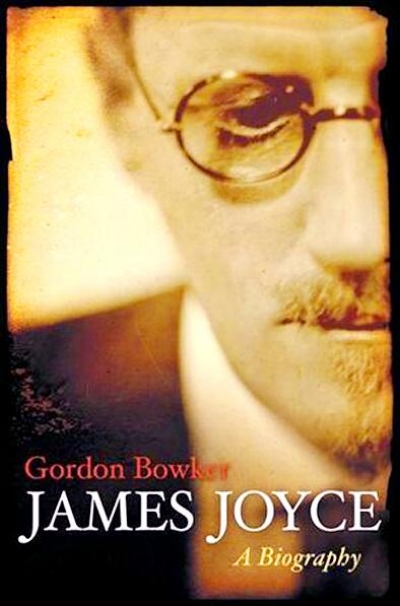James Ley
There are a few things that are obvious enough to sound platitudinous: intelligence, knowledge, attentiveness, insight, and so forth. But I think a certain forthrightness and clarity of expression goes a long way. A sense of humour doesn’t hurt, either.
... (read more)Lives of the Novelists: A history of fiction in 287 Lives by John Sutherland
by James Ley •

